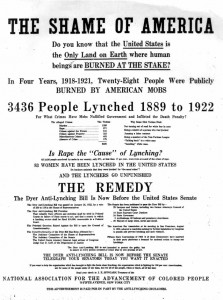Kendrick Lamar presents several versions of himself on “Good Kid, m.A.A.d City.” The album’s songs can be understood as vignettes that characterize several aspects of Lamar’s identity. Tracks either frame Lamar as a follower or as an individual who has been alienated by police and gang violence. Stiff Little Fingers manipulates language to expose its absurdity while Lamar utilizes it to display his macho bravado. “Backseat Freestyle,” alludes to nights spent with friends driving around Compton, expressing their confidence by freestyle rapping.
There are issues in Lamar’s content however. There are several phallic images and misogynistic statements that Lamar makes. For example, in the song’s hook, Lamar states, “All my life I want money and power / respect my mind or die from lead shower / I pray my dick get big as the Eiffel Tower / So I can fuck the world for seventy-two hours.” This hook plays on multiple masculine tropes–intellect, violence, and virility. The song goes on to describe several ways in which Lamar exceeds in comparison to his peers, using masculine ideals as the basis for his supremacy. Lamar continues his macho assertion in the song’s bridge: “Goddamn I got bitches, damn I got bitches / Damn I got bitches, wifey, girlfriend and mistress.” Yet, the imagery Lamar is invoking is not revolutionary in hip-hop. Hip-hop is known for intense misogyny, phallic language, and objectification of women in music videos. Lamar, in his own video, pays homage to this trope, promoting it as an authentic component to his music.
While hip-hop’s misogyny is problematic it reflects a deeper aspect of African-American living. In the beginning of the 20th century, when it was necessary for whites to re-imagine how America’s racial hierarchy functioned, Southern white men used gender to delegitimize African-Americans. These attacks were directly targeted at African-American men. In the south, for example, white men developed the notion of the “New White Man,” claiming it was a white man’s duty to protect white women from the hypersexuality of black men.

The fear of “black male rapists” emerged from this narrative, resulting in the lynching and castration of several black men in the South wrongfully accused of raping white women. Thus, hip-hop and its misogynistic language crudely reclaims the masculinity that was deprived by the country’s white male supremacy. Indeed, according to historian Glenda Elizabeth Gilmore, black men facing the “New White Man” had to “constantly…prove their manhood in order to maintain civil rights, even if they could never prove it to whites’ satisfaction.” Lamar’s misogyny illustrates Gilmore’s claim and perpetuates the African-American male necessity to constantly prove their manhood. Lamar’s lyrics and hip-hop’s content, therefore, illustrate the emasculating qualities of oppression.
[If you would like to refresh your interactive experience please pinback to the songs.]